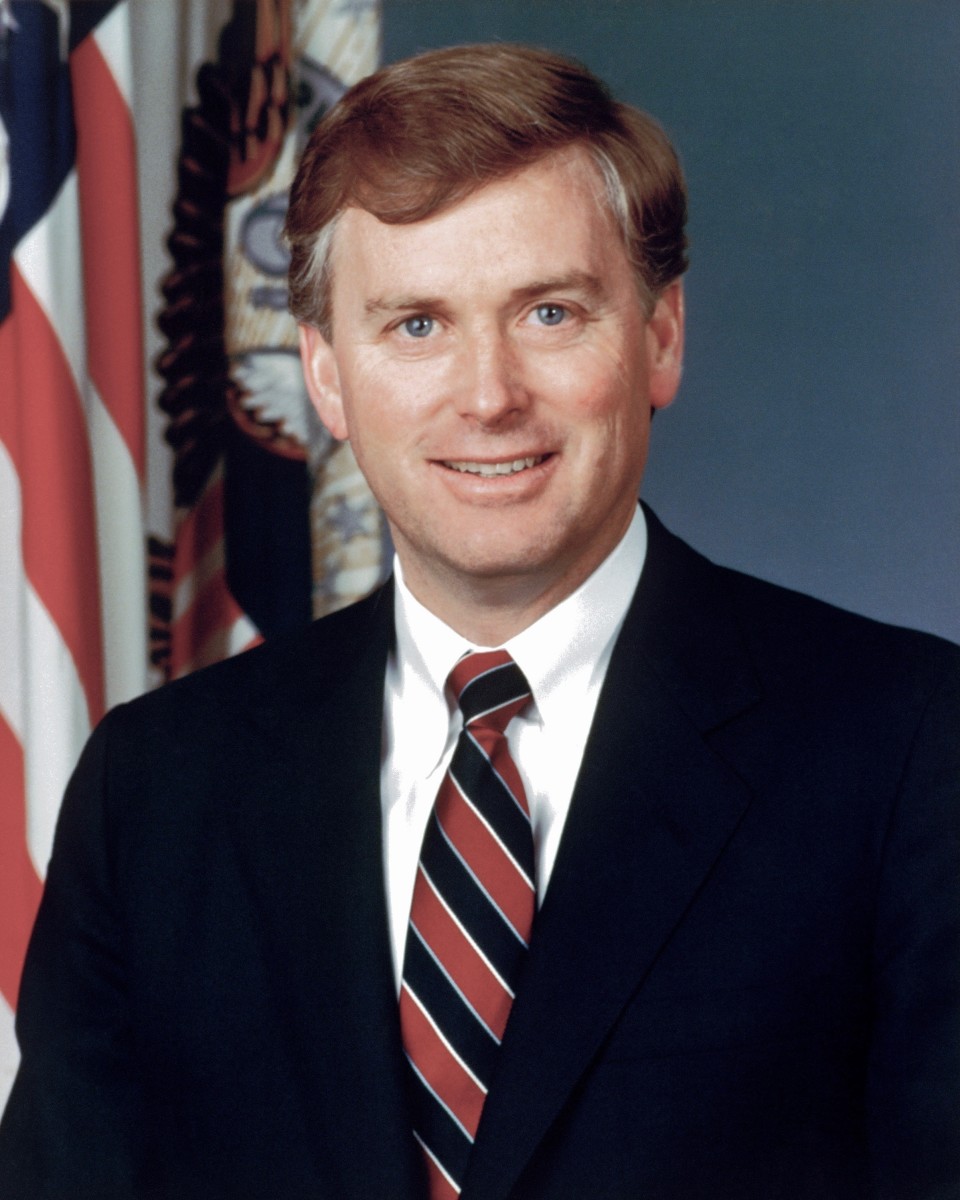The role of a presidential vice president (VP) is a crucial yet often misunderstood position in the political landscape. As the second-highest executive officer in the United States, the VP carries significant responsibilities and has a unique influence over both domestic and foreign policies. This article will delve deeply into the various aspects of the vice presidency, including its historical evolution, the powers vested in the office, and the impact vice presidents have had on American politics.
Despite being seen as an understudy to the president, the vice president often plays a pivotal role in shaping legislation and public policy. With their own set of duties, which can vary widely depending on the administration, VPs can either be highly influential or largely ceremonial. This variability raises the question of what makes a vice president effective and how they can leverage their position to serve the nation effectively.
In this comprehensive guide, we will explore the essential functions of a presidential vice president, examine notable figures who have occupied the office, and discuss how the role has changed over time. Through this exploration, we aim to provide a clear understanding of why the vice presidency is more than just a stepping stone to the presidency.
Table of Contents
- History of the Vice Presidency
- Roles and Responsibilities of the VP
- Influence of the Vice President
- Notable Vice Presidents in American History
- The Current Vice President
- Challenges and Criticisms
- The Future of the Vice Presidency
- Conclusion
History of the Vice Presidency
The vice presidency was established by the United States Constitution in 1787. Originally, the VP was the individual who received the second-most votes in the presidential election. This system was criticized for leading to potential conflicts and was changed by the 12th Amendment in 1804, which established separate ballots for president and vice president.
The Evolution of the Office
Over the years, the role of the vice president has evolved significantly. Early vice presidents, such as John Adams, had little influence and were often marginalized. However, as the political landscape changed, so did the expectations and responsibilities of the office. The modern vice president is now seen as an essential advisor and partner to the president.
Roles and Responsibilities of the VP
The vice president has several key roles, including:
- Presiding over the Senate and casting tie-breaking votes.
- Acting as a liaison between the executive branch and Congress.
- Representing the United States in diplomatic matters.
- Serving on the National Security Council and other key committees.
Ceremonial Duties
In addition to their legislative responsibilities, vice presidents often engage in ceremonial duties, such as attending state functions and representing the president at official events. These activities help to promote the administration's agenda and foster relationships with other nations.
Influence of the Vice President
The influence of a vice president can vary greatly depending on their relationship with the president and their political acumen. Some vice presidents have played critical roles in shaping significant policies, while others have had more limited impacts.
Case Studies of Influential VPs
Vice presidents like Lyndon B. Johnson and Joe Biden have demonstrated how the office can serve as a platform for greater influence. Johnson, for example, used his position to push for civil rights legislation, while Biden was instrumental in foreign policy discussions during the Obama administration.
Notable Vice Presidents in American History
| Name | Years in Office | Notable Contributions |
|---|---|---|
| John Adams | 1789-1797 | First Vice President; advocated for a strong central government. |
| Lyndon B. Johnson | 1961-1963 | Played a key role in civil rights legislation. |
| Joe Biden | 2009-2017 | Influential in foreign policy and economic recovery efforts. |
The Current Vice President
As of now, Kamala Harris serves as the Vice President of the United States, becoming the first woman, first Black woman, and first person of South Asian descent to hold the office. Her role has been marked by a focus on issues such as immigration reform, racial equity, and climate change.
Impact of the Current Administration
Vice President Harris has been actively involved in key policy discussions and has taken a leading role in addressing both domestic and international challenges. Her unique background and perspective have brought a fresh approach to the vice presidency.
Challenges and Criticisms
Despite the significant responsibilities of the vice president, the role is not without its challenges. VPs often face scrutiny regarding their effectiveness and influence within the administration.
Public Perception and Media Scrutiny
Media portrayal can greatly impact public perception of the vice president. Often, they are viewed through the lens of their relationship with the president, leading to criticisms or praise based on their perceived loyalty or effectiveness.
The Future of the Vice Presidency
As the political landscape continues to shift, the role of the vice president may also evolve. Future VPs may be more directly involved in policy-making and crisis management as the demands of governance become increasingly complex.
Potential for Greater Influence
With a growing emphasis on collaboration and bipartisanship, future vice presidents may have the opportunity to play a more significant role in shaping the direction of the country.
Conclusion
In summary, the role of a presidential vice president is multifaceted and critical to the functioning of the U.S. government. From presiding over the Senate to shaping significant policies, VPs have a profound impact on both domestic and foreign affairs. As we look toward the future, the potential for greater influence and responsibility remains, making the vice presidency a vital position in American politics.
We invite you to share your thoughts on the role of the vice president in the comments below. If you found this article informative, please consider sharing it with others or exploring more articles on our site!
Thank you for reading, and we hope to see you back for more insightful content!



